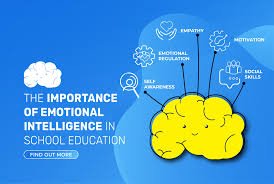The Transformative Power of Emotional Intelligence in Education: Why EQ is the Missing Link in Student Success
Introduction: Beyond IQ – The Rise of Emotional Intelligence in Learning
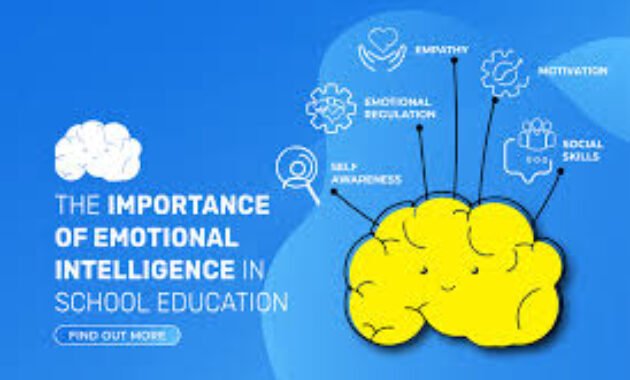
For decades, education systems worldwide have prioritized cognitive skills—mathematics, science, and language—while overlooking a critical component of success: emotional intelligence (EQ). Yet, research consistently shows that students with high EQ perform better academically, build healthier relationships, and navigate life’s challenges more effectively.
In an era where mental health crises among students are rising and employers increasingly value soft skills, integrating emotional intelligence in education is no longer optional—it’s essential. This in-depth guide explores why EQ matters, how it shapes student success, and practical ways to cultivate it in classrooms and beyond.
Understanding Emotional Intelligence (EQ): More Than Just “Feelings”
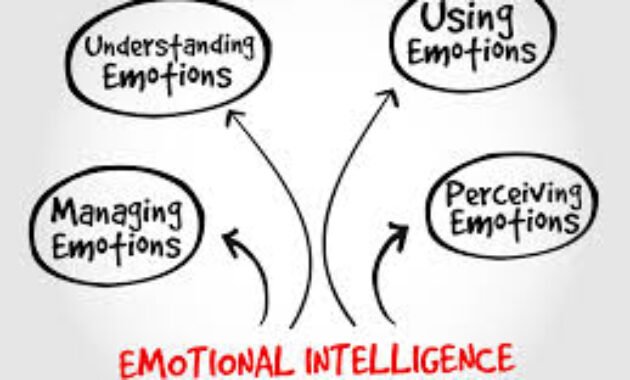
Emotional intelligence, popularized by psychologist Daniel Goleman, is the ability to:
- Recognize and understand one’s own emotions.
- Regulate emotional responses in healthy ways.
- Empathize with others’ feelings.
- Build strong social connections through effective communication.
The Five Pillars of EQ (Goleman’s Model)
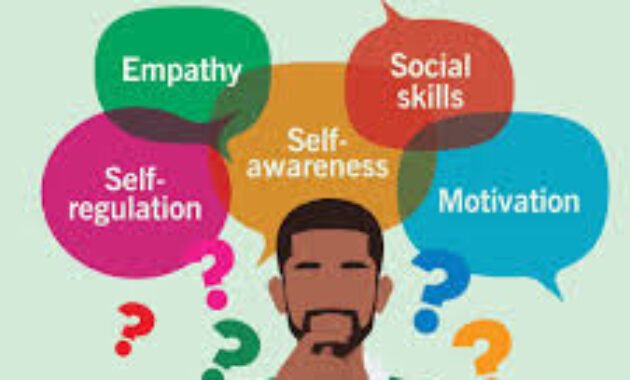
- Self-Awareness – Knowing one’s emotions and their impact.
- Self-Regulation – Managing impulses and staying composed.
- Motivation – Staying driven despite challenges.
- Empathy – Understanding others’ emotional states.
- Social Skills – Navigating relationships with tact and cooperation.
Unlike IQ, which remains relatively fixed, EQ can be developed—making it a powerful tool for lifelong growth.
Why EQ is a Game-Changer in Education
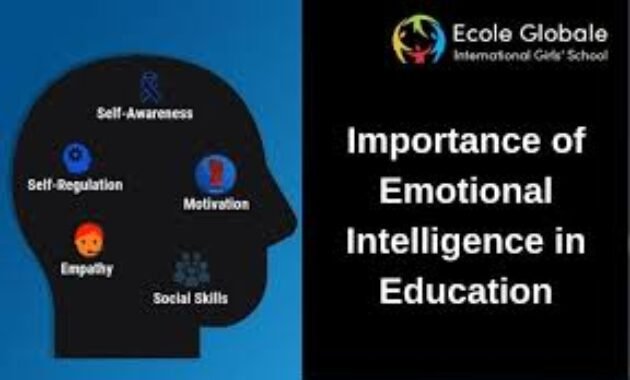
1. Academic Performance: The Hidden Link Between Emotions and Learning
- Students with high EQ manage stress better, leading to improved concentration and memory retention.
- A study by the American Psychological Association found that SEL (Social-Emotional Learning) programs boosted academic performance by 11%.
- Emotionally intelligent learners ask for help when needed instead of struggling silently.
2. Reducing Bullying and Improving Classroom Climate
- Schools with strong SEL programs report up to 25% less bullying (CASEL, 2023).
- EQ teaches conflict resolution, reducing fights and disciplinary issues.
- Students develop compassion, creating a more inclusive environment.
3. Mental Health Resilience: EQ as a Shield Against Anxiety & Depression
- Adolescents with high EQ exhibit lower levels of anxiety and depression (Journal of Youth and Adolescence, 2022).
- They bounce back from failures faster, seeing setbacks as learning opportunities.
- Mindfulness and emotional regulation techniques reduce exam-related stress.
4. Career Readiness: The EQ Advantage in the Workforce
- 91% of employers prioritize EQ over IQ in hiring decisions (LinkedIn Talent Trends).
- High-EQ individuals excel in leadership, teamwork, and customer relations.
- Companies like Google and Microsoft now incorporate EQ training for employees.
How Schools Can Foster Emotional Intelligence

1. Integrate Social-Emotional Learning (SEL) into the Curriculum
- Structured SEL programs (e.g., CASEL’s framework) teach self-awareness, empathy, and decision-making.
- Daily check-ins where students share emotions in a safe space.
- Role-playing exercises to practice conflict resolution.
2. Train Teachers in EQ Development
- Many educators lack training in emotional coaching.
- Workshops on active listening, emotional validation, and stress management.
- Encourage teachers to model EQ behaviors—staying calm under pressure, showing empathy.
3. Encourage Emotional Literacy Through Activities
- Journaling – Helps students articulate feelings.
- Mindfulness & meditation – Improves emotional regulation.
- Group discussions – Promotes perspective-taking and empathy.
4. Parental Involvement: Extending EQ Beyond the Classroom
- Parents should validate emotions instead of dismissing them (“It’s okay to feel upset”).
- Teach problem-solving—”What can we do to make this better?”
- Limit screen time and encourage face-to-face social interactions.
Challenges in Implementing EQ in Schools (And How to Overcome Them)
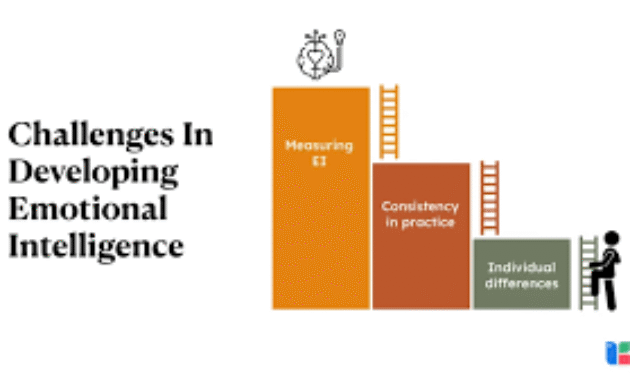
1. “We Don’t Have Time for EQ – Academics Come First!”
- Solution: Short, daily SEL exercises (5-10 minutes) can make a difference.
2. Lack of Teacher Training
- Solution: Invest in professional development workshops on emotional intelligence.
3. Resistance from Traditional Education Systems
- Solution: Present data-driven results—schools with SEL programs see better attendance, grades, and behavior.
4. Measuring EQ Progress
- Solution: Use student surveys, behavioral assessments, and teacher observations.
The Future of Education: EQ as a Core Subject

Countries like Finland and Singapore have already embedded SEL into national curricula, recognizing that emotional skills are as vital as math or science. As automation rises, human-centric skills—creativity, empathy, adaptability—will define future success.
What’s Next?
- AI and EQ: Can technology help teach emotional intelligence? (Some apps already do!)
- Policy Changes: Governments must fund SEL initiatives in schools.
- Corporate Partnerships: Businesses should collaborate with schools to bridge the EQ gap.
Conclusion: EQ – The Unseen Foundation of Lifelong Success
Emotional intelligence isn’t just about “being nice”—it’s about equipping students with the tools to thrive in an unpredictable world. By prioritizing EQ in education, we:
✅ Improve academic outcomes
✅ Reduce bullying and mental health struggles
✅ Prepare students for real-world challenges
The question isn’t “Can we afford to teach EQ?” but rather “Can we afford not to?”
Call to Action
- Educators: Start small—incorporate one EQ activity this week.
- Parents: Talk openly about emotions at home.
- Policymakers: Advocate for SEL in school curricula.
The next generation’s success depends not just on what they know, but on how they feel, relate, and adapt. Let’s make EQ a priority—today.

